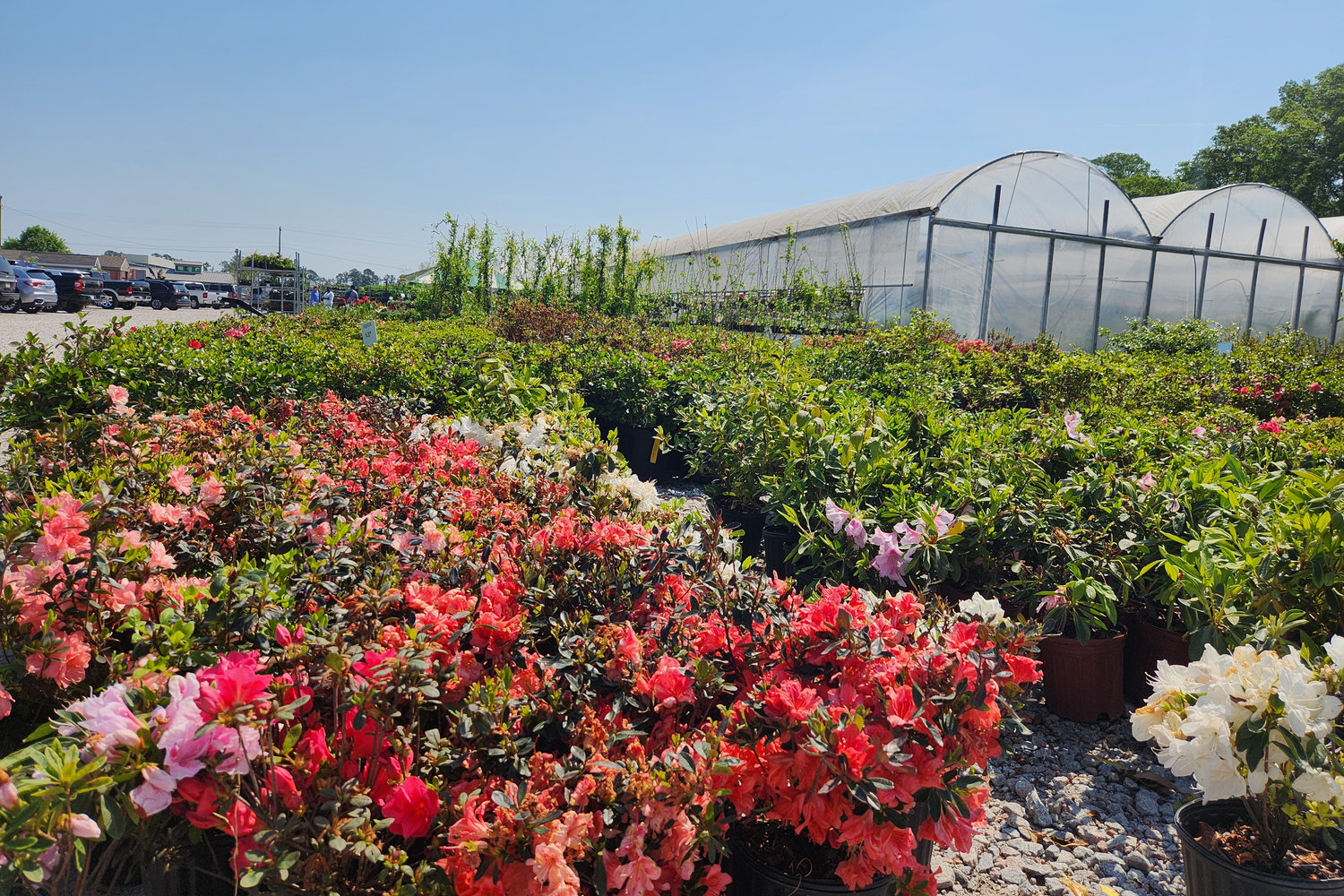Lexington County study seeks best ways to develop without destroying valuable farmland
A pilot program that will eventually go statewide is in the midst of figuring out what potential farmland is at the greatest risk of being erased by development in Lexington County and what impact that would have.
This item is available in full to subscribers.
Subscribe to continue reading. Already a subscriber? Sign in
Get 50% of all subscriptions for a limited time. Subscribe today.
Please log in to continueNeed an account?
|
Lexington County study seeks best ways to develop without destroying valuable farmland
A pilot program that will eventually go statewide is in the midst of figuring out what potential farmland is at the greatest risk of being erased by development in Lexington County and what impact that would have.
American Farmland Trust — which is conducting the study, part of the project Palmetto 2040: Visioning Alternative Futures, Launching Solutions, in collaboration with the state Department of Agriculture, the Lexington County Farm Bureau, the Winthrop Family Fund, and convening partner SustainSC — told the Chronicle that when it comes to farmland impacted by development the severity of the situation in Lexington County is among the top three in the state, along with Spartanburg and Anderson.
A release about the program also speaks to the severity of the situation here.
“Lexington County led the state in conversion [between 2001 and 2016], with over 29,000 acres of farmland paved over, fragmented or compromised by commercial, industrial, and residential development,” the release states.
And the losses are projected to continue.
If the state were to continue along with business as usual, South Carolina would lose 436,700 acres of farmland by 2040, but if development were to continue to escalate and hit the level the trust designates as runaway sprawl, that number could grow to 586,000 acres by that time.
“On current trends, in the business as usual scenario, South Carolina would lose 3,600 farms and $239 million in farm output and 5,900 jobs,” American Land Trust Special Program Development and Senior Advisor Billy Van Pelt told the Chronicle. “And of that 436,700 acres, 51% of that would occur on South Carolina’s best land.”
The study hopes to gather data to advise governments and developers in the state how to avoid this without unnecessary stagnation of development and the local economy. In Lexington County, as with the rest of the state when the pilot is expanded to other countries, the trust will look to identify the most valuable farmable land, so that those looking to develop can look elsewhere, converting land that will do less damage to the county’s potential for agriculture.
Van Pelt referred to following this data as a “better built city” scenario.
If the state were to continue with business as usual, he said, 51% of those 436,700 S.C. farmland acres being developed for other purposes would represent direct losses of some of the state’s best farmland.
“With a better built city scenario, that would actually save 333,000 acres of farmland, which is the equivalent of saving 2,700 farms in South Carolina and $84 million in farm output in South
Carolina, and would help 4,300 jobs,” Van Pelt said. “So it’s an economic development decision, even though it’s related to ag, because ag is economic development.”
In conducting the study, the trust will “convene key stakeholders in Lexington County, with AFT reaching out to public and private conservation organizations, land trusts, farm groups, and state and local officials working on farmland protection,” according to the release.
It will then “produce maps of the threats that will face Lexington County’s agricultural land by 2040. Finally, the partnership will use the maps in a visioning and consensus-building process including stakeholders representing agriculture, business, and conservation in Lexington County, as well as key citizen groups.”
Van Pelt said that the study, which kicked off in June, is slated to conclude by the end of January, adding that is a conservative estimate.
The study is a continuation of work the trust has already been doing to assess farmland conversion trends. The trust would then approach taking the study statewide.
“AFT’s Farms Under Threat: The State of the States report, released in 2020, concluded that South Carolina is at very high risk for future farmland loss, with over 280,000 acres of farmland converted between 2001 and 2016, giving the Palmetto State the eighth highest “threat score” in the nation,” the release notes.
But Van Pelt noted that the urban sprawl that is eating up farmland in both the Midlands and across the state isn’t an isolated problem. Texas leads the nation in farmland conversion, followed by North Carolina.
And he emphasized that he believes the state has what it takes to chart a better path forward.
“There are so many strong leaders there,” he said. “That’s why I think you have so much positive economic development there. So this project and forging a way for growth in the future and planning for the future of agriculture and the future of growth is another way South Carolina is seen and can and will project itself as a national leader on this issue.”
Keywords
lexington county farms, columbia farmland, midlands development, sc agriculture, american farmland trustOther items that may interest you







Comments
No comments on this item Please log in to comment by clicking here